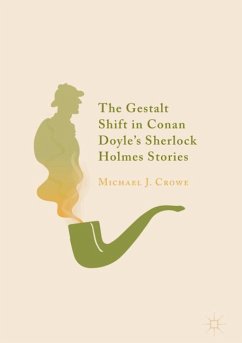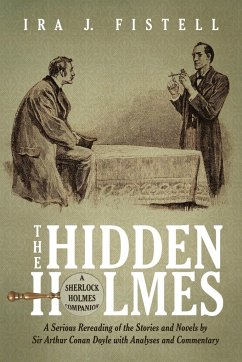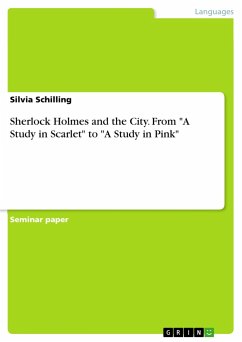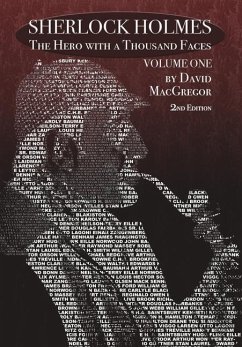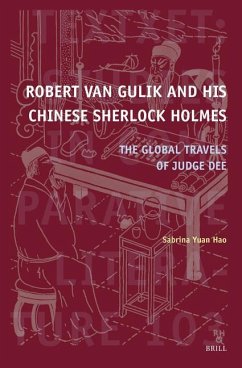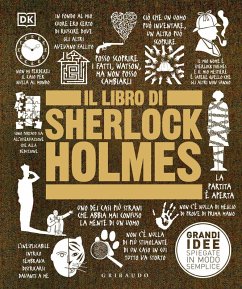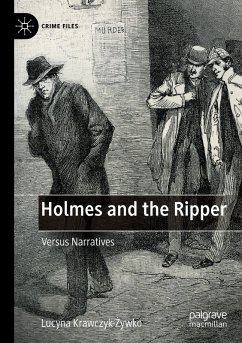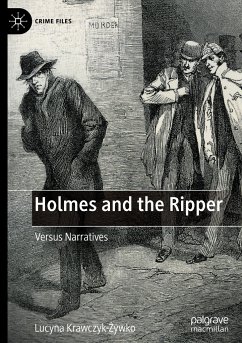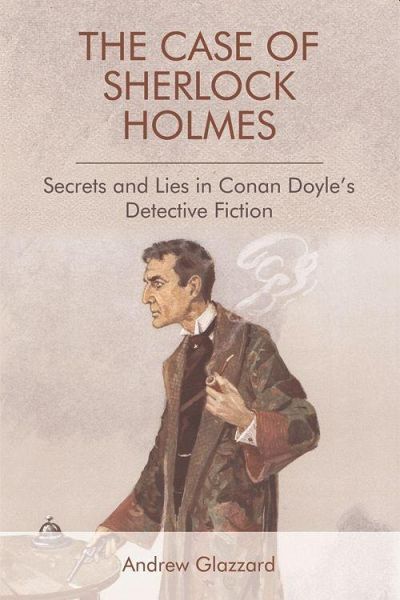
The Case of Sherlock Holmes
Secrets and Lies in Conan Doyle's Detective Fiction
Versandkostenfrei!
Versandfertig in über 4 Wochen
122,99 €
inkl. MwSt.
Weitere Ausgaben:

PAYBACK Punkte
61 °P sammeln!
'You know my methods. Apply them, and it will be instructive to compare results.' Sherlock Holmes in The Sign of Four (1890) The Case of Sherlock Holmes uncovers what is untold, partly told, wrongly told or deliberately concealed in Arthur Conan Doyle's Sherlock Holmes saga. This engaging study uses a scholarly approach, combining close reading with historicism, to read the stories afresh, sceptically probing Dr Watson's narratives and Holmes's often barely credible solutions. Drawing on Victorian and Edwardian history, Conan Doyle's life and works, and Doyle's literary sources, the book offer...
'You know my methods. Apply them, and it will be instructive to compare results.' Sherlock Holmes in The Sign of Four (1890) The Case of Sherlock Holmes uncovers what is untold, partly told, wrongly told or deliberately concealed in Arthur Conan Doyle's Sherlock Holmes saga. This engaging study uses a scholarly approach, combining close reading with historicism, to read the stories afresh, sceptically probing Dr Watson's narratives and Holmes's often barely credible solutions. Drawing on Victorian and Edwardian history, Conan Doyle's life and works, and Doyle's literary sources, the book offers new insights into the Holmes stories and reveals what they say about money, class, family, sex, race, war and secrecy. Andrew Glazzard is Senior Research Fellow at the Royal United Services Institute, and the author of Conrad's Popular Fictions: Secret Histories and Sensational Novels (2016). Cover design: Spy, Leslie Ward, ca. 1910. William Gillette shown in the role of Sherlock Holmes, for Vanity Fair Magazine [EUP logo] edinburghuniversitypress.com ISBN 978-1-4744-3129-3 Barcode




